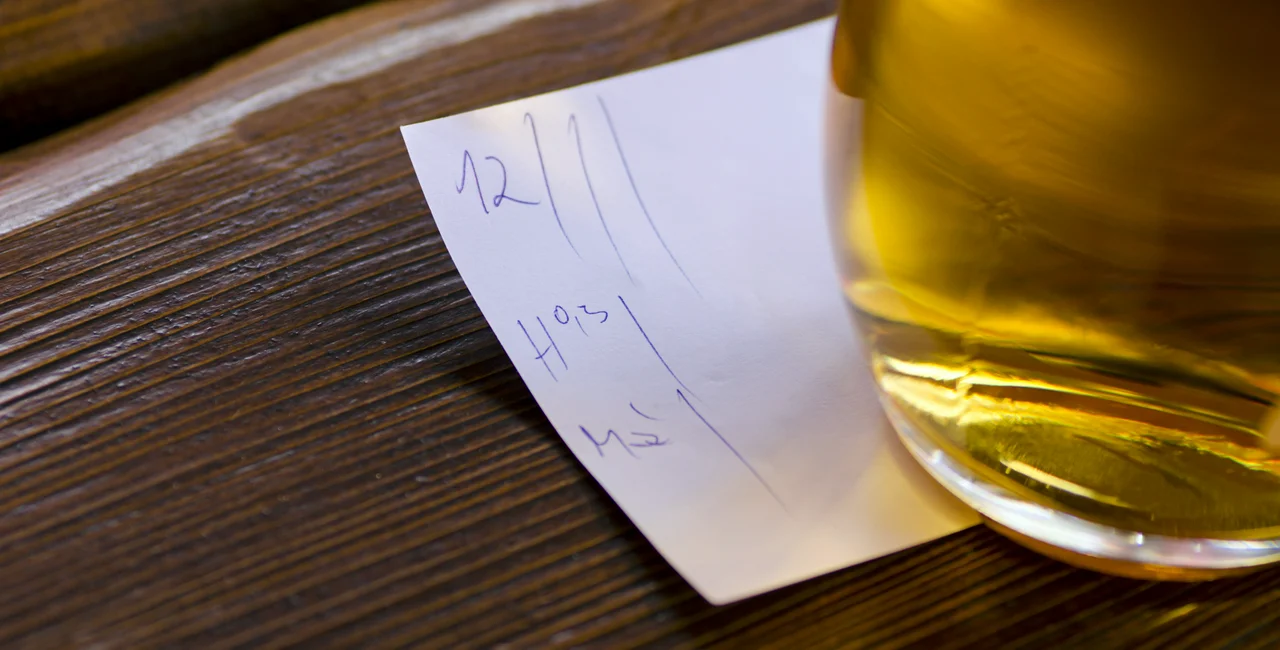The Covid pandemic has given a jolt to society. While crippling operations in some sectors, such as travel and tourism, the events of the last eighteen months have been a spur to rapid developments in others such as finance and logistics. Lockdowns around the world forced people to turn to the use of innovative technologies which they might otherwise have taken years longer to adopt.
Research suggests that when it comes to ditching cash for contactless payment methods, the Czech Republic is one of Europe’s trailblazers in the post-pandemic era.
Data from the European Payments Council has suggested that the Czechs are frontrunners in Europe in making contactless card payments. The report implies that the country’s readiness to adopt new payment technologies is down to its long history of innovation; put simply, Czechs like new technologies.
New research conducted in the Czech Republic by online payment platform Barion confirms this trend. 48 percent of Czechs shop online more than they used to due to before the pandemic, according to the survey, while 66 percent of people prefer paying by card. The research also suggests that around 13 percent of Czechs now avoid traditional brick-and-mortar stores, preferring to do as much of their shopping as possible online.
“The results of this survey confirm the trust of customers in Czech e-shops and the shift in customer thinking which has taken place in recent years,” said Jan Vetyška, Executive Director of the Czech Association for E-Commerce.
Although cashless payment is becoming the dominant payment method in the Czech Republic, in some industries cash is still king. Many small restaurants still refuse card payments, arguing that the need to pay a commission to banks makes this solution uneconomical. Others say that the need to protect company cash flows while facilitating customers giving tips to staff play a part in their reluctance to take up card payments.
Nonetheless, industry leaders now agree that not accepting cash is becoming unsustainable. Operating a card-only business is particularly risky in large cities; data suggests that urban populations are most likely to seek out cashless purchasing options. Barion’s research suggests that while 20 percent of Czechs still prefer making cash-in-hand payments, this method is most popular among those living in smaller towns and those with lower educational attainment.
The gastronomy sector may be one of the last strongholds of cash-only business operations in the Czech Republic, but with the pandemic forcing even this industry to operate largely in the online sphere through online ordering and home deliveries, restaurants and cafés seem unlikely to escape the wider societal shift towards cashless payments.
“We believe that shoppers in the Czech Republic will start to depend on online shopping and contactless payments to an even greater extent. This will in turn generate more demand for advanced payment methods, in both online and offline environments,” said Sándor Kiss, founder of Barion.
Whether or not cash will become entirely redundant in future remains a moot point. But with the shift towards cashless payments accelerated by the pandemic, businesses which continue to reject card payments run the risk of becoming stuck in the past.












 Reading time: 2 minutes
Reading time: 2 minutes 
























